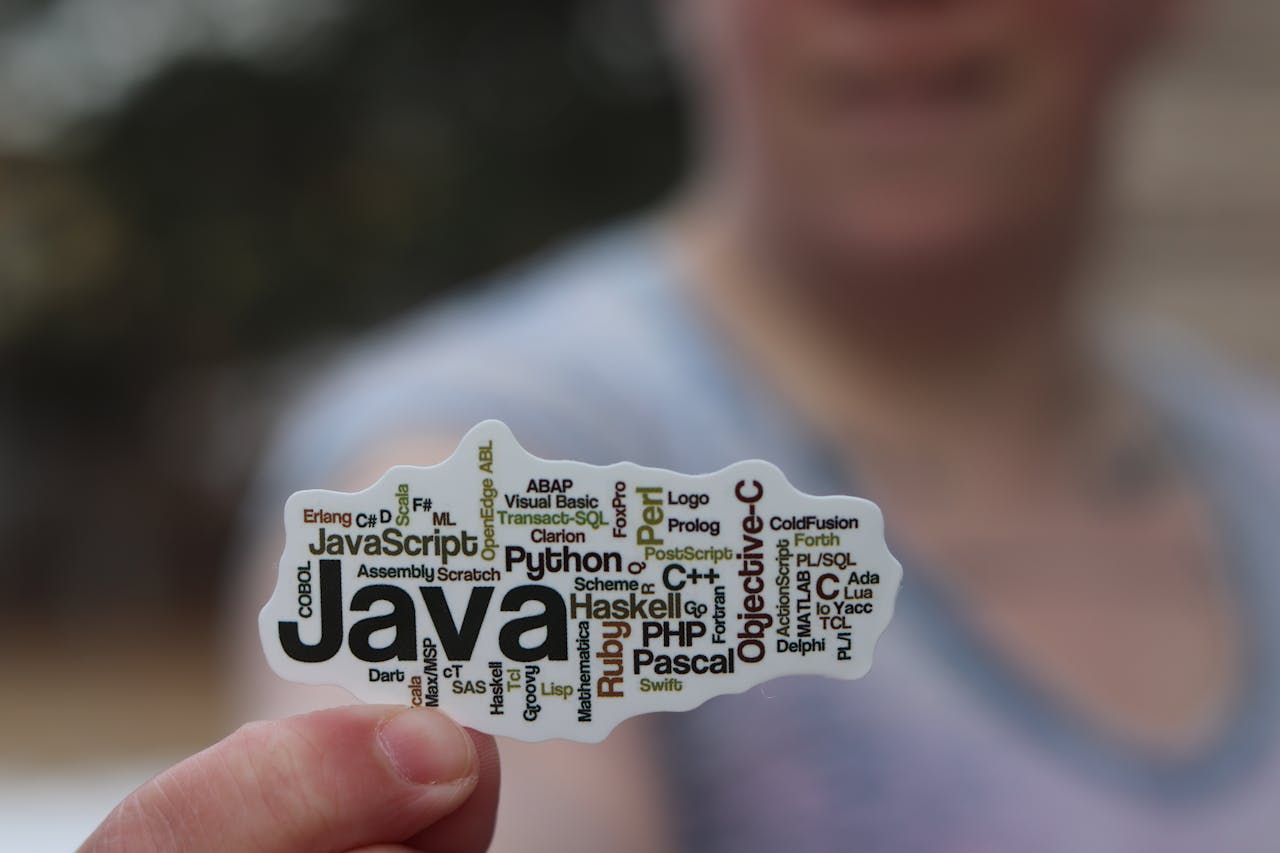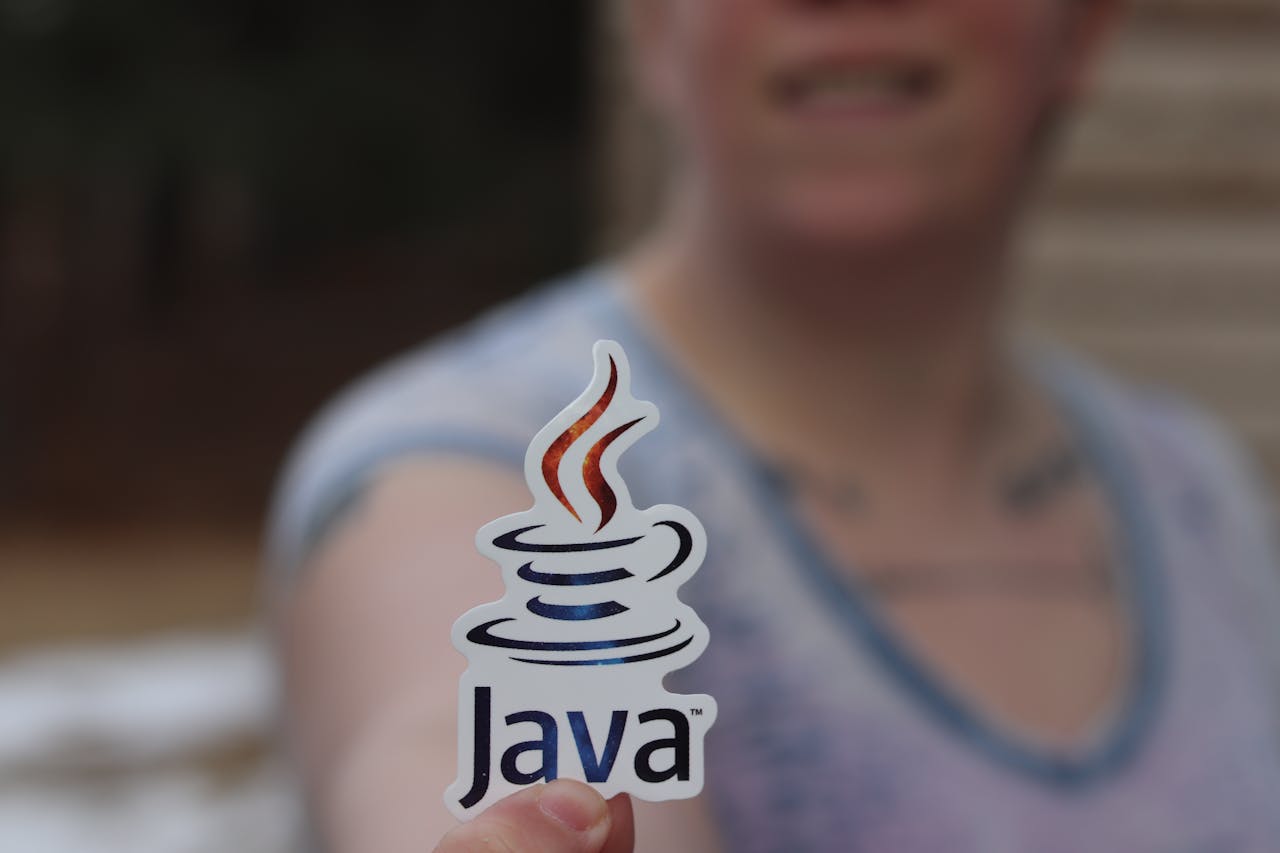What is Java
Java is a versatile, object-oriented programming language developed by Sun Microsystems (now owned by Oracle Corporation) in the mid-1990s. Known for its “write once, run anywhere” capability, Java programs are compiled into bytecode that can run on any Java Virtual Machine (JVM), regardless of the underlying architecture. This portability has made Java a popular choice for a wide range of applications, from web and mobile applications to enterprise systems and embedded devices.
Applications of Java
Java is used in various domains, including:
- Web Development: Java powers many server-side applications through frameworks like Spring, Hibernate, and Struts.
- Mobile Development: Java is the primary language for Android app development.
- Enterprise Applications: Java is extensively used for building large-scale enterprise applications with frameworks like Java EE and Spring.
- Embedded Systems: Java’s portability makes it suitable for embedded systems.
- Big Data: Java is used in big data technologies like Hadoop and Apache Spark.
- Scientific Applications: Its robust libraries and performance make Java a preferred choice for scientific applications.
Basic Concepts
Java has several data types, which can be broadly classified into two categories: primitive and non-primitive.
- Primitive Data Types: These are the most basic data types built into the language.
- int: Integer type (e.g., int age = 25;)
- double: Double-precision floating-point type (e.g., double price = 19.99;)
- char: Character type (e.g., char grade = ‘A’;)
- boolean: Boolean type (e.g., boolean isJavaFun = true;)
- byte, short, long, and float are other primitive data types.
- Non-Primitive Data Types: These include classes, arrays, and interfaces.
- String: A sequence of characters (e.g., String greeting = “Hello”;)
- Arrays, Lists, and other collection types.
Operators
Operators are special symbols used to perform operations on variables and values. Java supports several types of operators:
- Arithmetic Operators: +, -, *, /, %
- Example: int sum = 10 + 5;
- Assignment Operators: =, +=, -=, *=, /=
- Example: int a = 10; a += 5; // a is now 15
- Comparison Operators: ==, !=, >, <, >=, <=
- Example: boolean isEqual = (5 == 5); // true
- Logical Operators: && (AND), || (OR), ! (NOT)
- Example: boolean result = (5 > 3) && (10 > 5); // true
- Increment and Decrement Operators: ++, —
- Example: int b = 10; b++; // b is now 11
Control Flow Statements
If-Else Statement
The if statement executes a block of code if a specified condition is true. The else statement can be used to execute an alternative block of code if the condition is false.
int number = 20;
if (number > 10) {
System.out.println("Number is greater than 10");
} else {
System.out.println("Number is 10 or less");
}
For loop
The for loop is used to iterate a part of the program multiple times.
for (int i = 0; i < 5; i++) {
System.out.println("i is: " + i);
}
While Loop
The while loop executes a block of code as long as a specified condition is true.
int count = 0;
while (count < 5) {
System.out.println("Count is: " + count);
count++;
}
Do-While Loop
The do-while loop is similar to the while loop, but it executes the block of code at least once before checking the condition.
int count = 0;
do {
System.out.println("Count is: " + count);
count++;
} while (count < 5);
Conclusion
Understanding the foundational building blocks of Java is essential for any aspiring Java developer. With a firm grasp of variables, data types, operators, and control flow statements, you are well on your way to writing robust and efficient Java programs. In the next part of this series, we will dive deeper into object-oriented programming in Java, covering classes, objects, inheritance, and more. Stay tuned!




